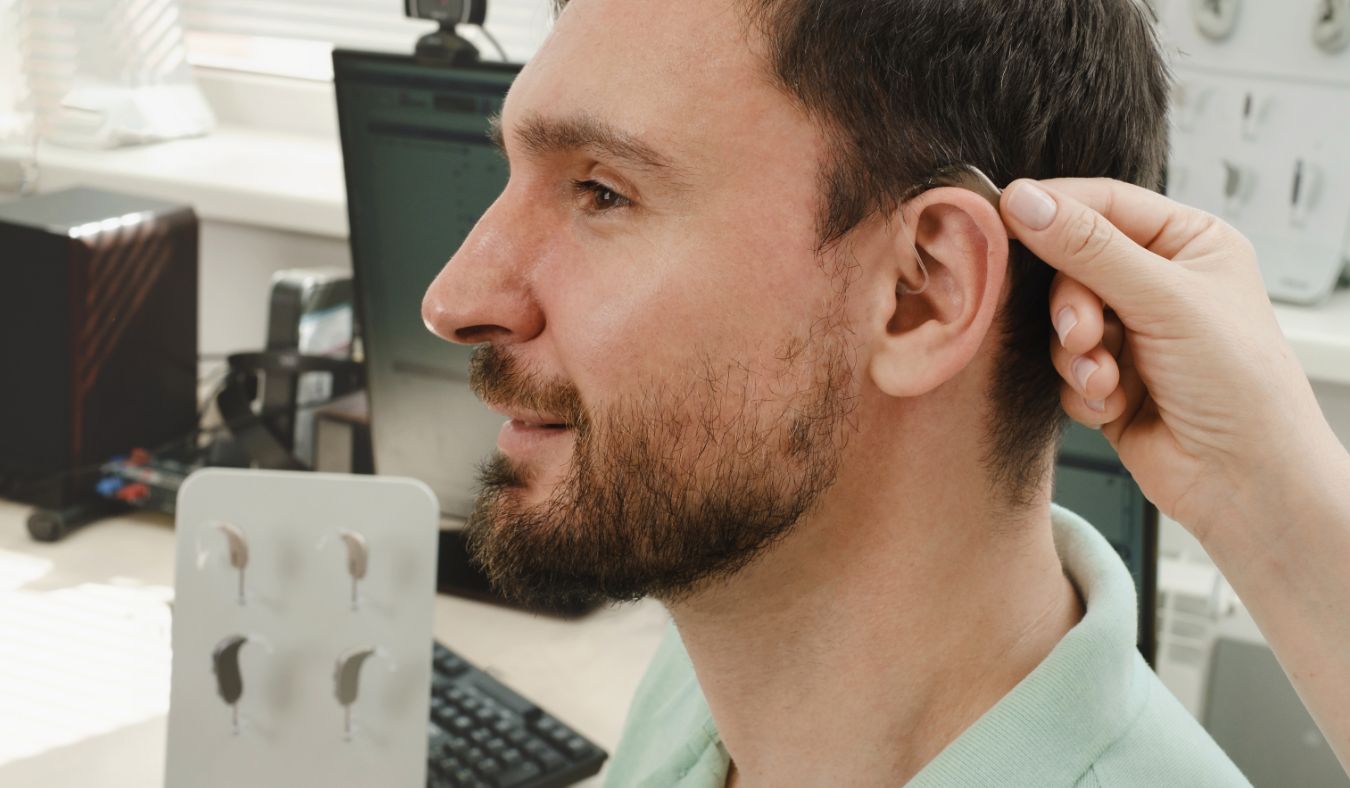Protecting Your Hearing During Festivals
When warmer weather arrives, outdoor concerts and festivals become some of


When warmer weather arrives, outdoor concerts and festivals become some of

Winter brings its own set of challenges when you wear hearing aids. From

You’ve taken the important step of getting hearing aids – a